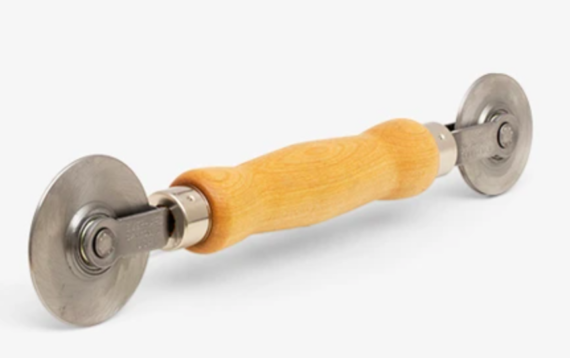When my family gathered to divide up our parents’ belongings, I was given most of my father’s tools.
Among the tools I inherited was a small object that looked like a pizza cutter, but which, I had been told, was used to install new screen wire on windows and screen doors. That tool lay in my toolbox for about three years. I looked at it occasionally, but I never figured out how to use it.
Then my wife asked for a new drying rack for use when she makes soap. I figured a screen would be just the thing. So, using a tool that I had never used, and never even seen used, I attempted to assemble a screen. My first effort was a complete failure. On my second try I managed to get the screen assembled, but it did not look very good. On my third try I produced a screen as good as most you would buy in the store.






That little tool is handy, once you learn how to use it. But you never can learn to use it without using it. Practice may not make perfect, but practice is the only way to make even an imperfect screen. The tool resting in the toolbox does nothing and teaches nothing. The tool taken in hand and applied may not work perfectly, but it begins to make a difference — both in terms of accomplishment and understanding.
There are many great truths resting, unused, in our Bibles. We complain that we do not understand them. Some suggest that they never do anyone any good. The key is to get them out and put them to use. We will never understand until we do so.
Understanding a tool requires using the tool. Understanding God’s word comes only when we sincerely attempt to put his teaching to use in our lives. Apart from obedience, we will not understand. As Jesus said, “If anyone’s will is to do God’s will, he will know whether the teaching is from God or whether I am speaking on my own authority” (John 7:17, ESV).

